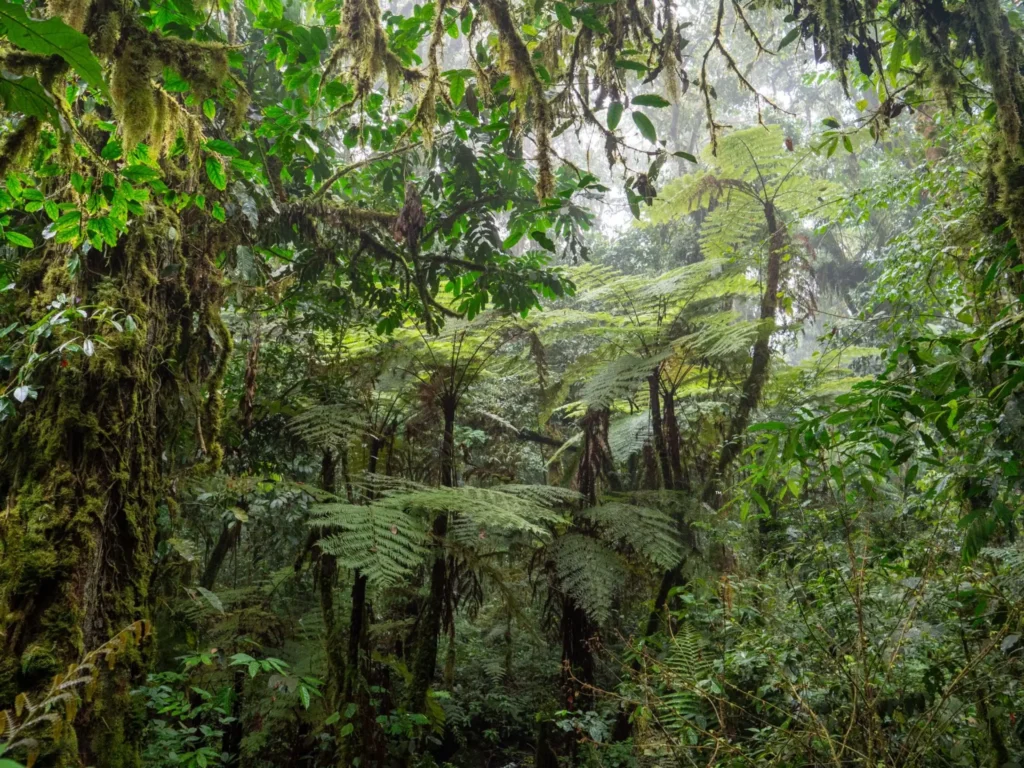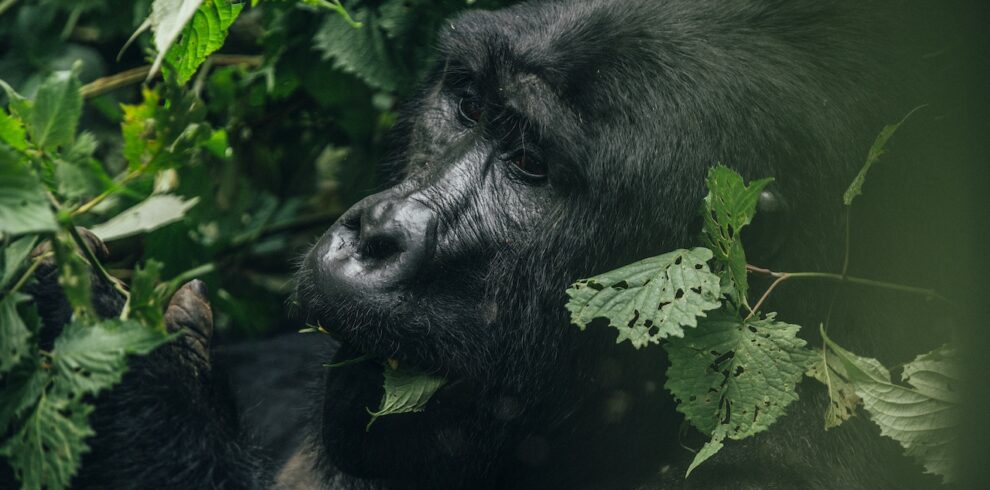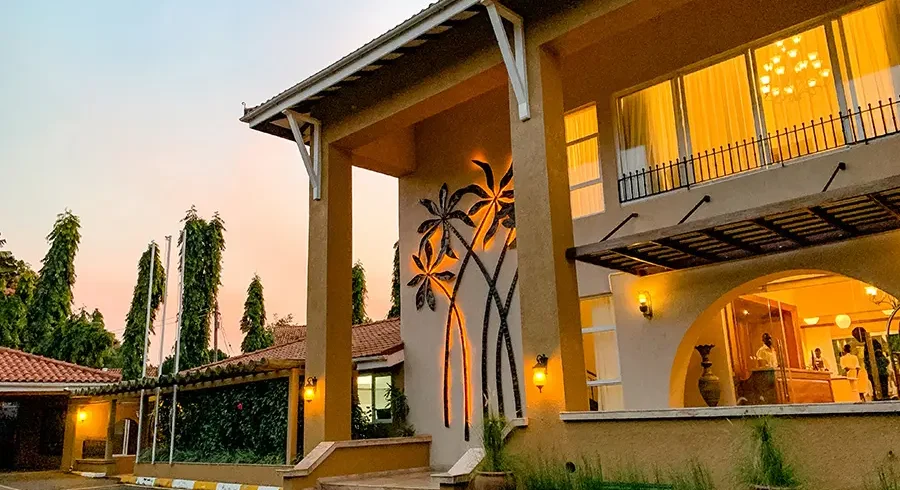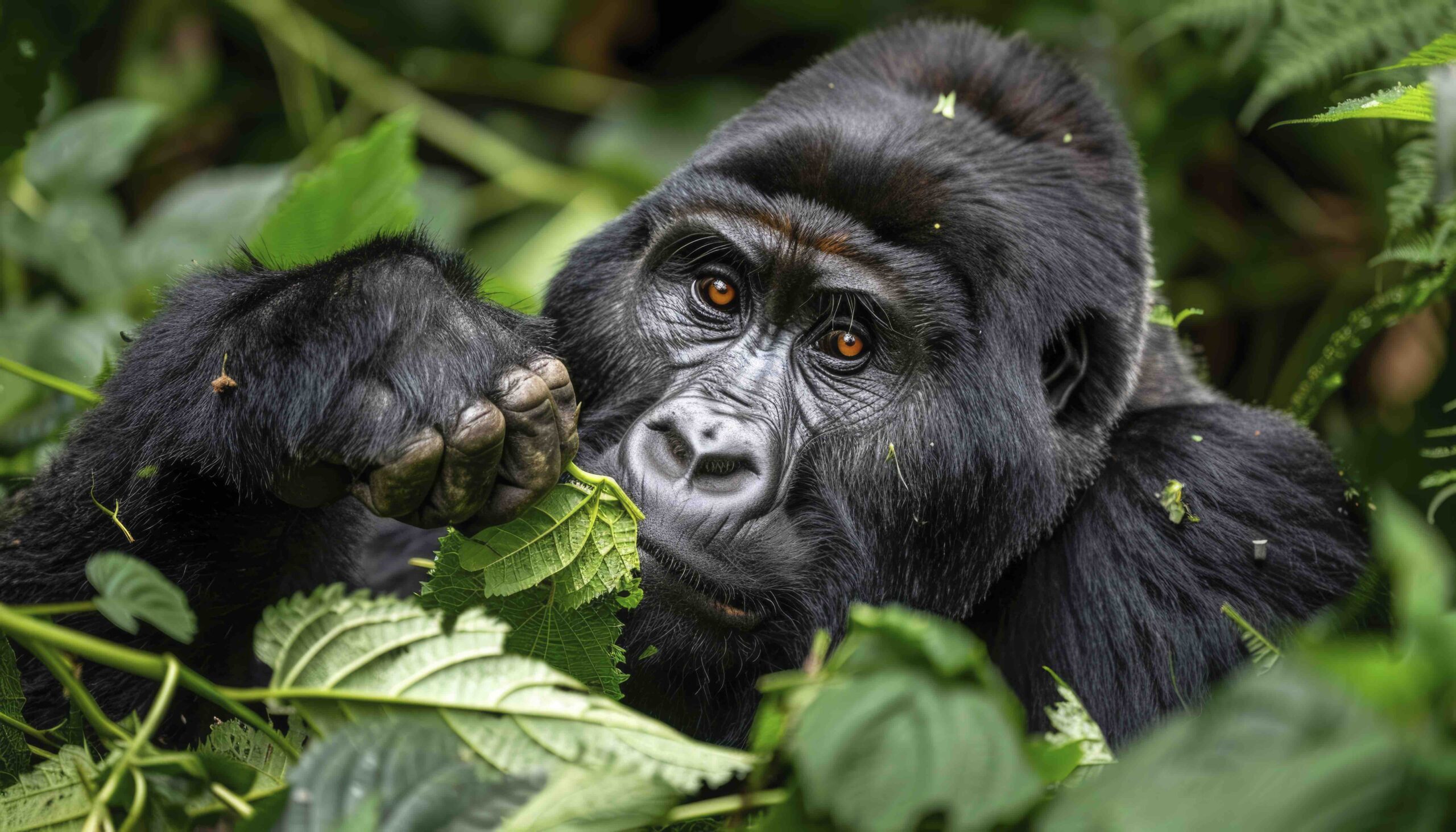Uganda Travel Tips
Plan Your Journey with Confidence.
Money & Spending
Uganda’s unit of currency is the Uganda Shilling and you’d be advised to get some on arrival as it is far easier to buy drinks, curios and meals in the local currency when travelling between destinations.
US Dollars are widely accepted throughout the country though note that cash is best: traveller’s cheques and credit cards can be used at most lodges and in Kampala but attract hefty transaction fees.
Tipping
Tipping in Uganda is customary and appreciated for good service, with 10–15% being the standard. You can tip in either Uganda Shillings or US Dollars, depending on what’s convenient.
For gorilla trekking, tipping is entirely at your discretion. If you hire a porter, they typically receive the largest portion of the tip, while a second tip is shared among your guide, trackers, and security team.
For more detailed advice on tipping while on safari in Uganda, our Makali Safaris travel experts are happy to guide you with recommended amounts based on your itinerary and experiences.

Climate
Average Temperatures: 14°C to 27°C year-round
Rainy Seasons: March–May & September–December
For detailed climate charts and expert advice on the best time for gorilla trekking in Uganda, refer to our guide: Best Time to Visit Uganda.
What To Pack
Uganda’s warm daytime temperatures call for lightweight, breathable clothing. If you’re gorilla trekking, pack long trousers, long-sleeved tops, long socks (to tuck into pants for ant protection), light gloves (to guard against nettles), a hat, and a raincoat.
The most essential item is a pair of comfortable, broken-in hiking boots—avoid wearing new ones to prevent blisters.
Mountain regions can be chilly and damp, so pack for the altitude. Carry a warm fleece, a change of clothes, insect repellent, and sunscreen in your daypack.
Flights & Getting Around
Did you know you can book your flights directly through Makali Safaris? For details and FAQs, check our Flights & Transfers section.
Entebbe International Airport is Uganda’s main international gateway, located about 35 km from Kampala. Most visitors arrive via Nairobi or other regional hubs.
While private charter flights are available, they’re often costly—most travelers rely on road transfers in 4×4 vehiclesor minibuses. Uganda’s infrastructure can be limited, and road conditions vary, especially during the rainy season. Be prepared for long drive times between destinations.
Game drives in Uganda’s national parks are typically done in open-sided 4×4 vehicles, offering excellent wildlife viewing and photography opportunities.
Visa & Passport Requirements
All visitors to Uganda require a visa, and passports must be valid for at least six months beyond your departure date. Visas can be obtained upon arrival at Entebbe International Airport or at all major land border crossings.
Single and double-entry visas are valid for up to three months and cost approximately USD $30. If you need more time, visa extensions are available through the Immigration Office in Kampala.
About Uganda
History & Economy
Uganda’s history spans over 50,000 years, with the earliest settlers being the Batwa, an indigenous hunter-gatherer people. They were eventually displaced by Central African cattle herders and farmers. Over time, sophisticated political systems emerged, and by the time Arab and European explorers, traders, and slavers arrived, the Buganda Kingdom was already firmly established.
British colonial rule began in the late 19th century, and Uganda gained independence in 1962. Following years of political turmoil under Milton Obote and Idi Amin, the country began to stabilize in the mid-1980s, ushering in a period of economic growth and social recovery.
Today, Uganda’s economy relies heavily on agriculture, thanks to fertile soils and regular rainfall. While coffee, tea, and tobacco dominate exports, most Ugandans practice subsistence farming, which employs around 75% of the workforce. Tourism continues to grow, and the country is now positioning itself to tap into its untapped mineral, gas, and oil resources in the coming years.
People & Culture
Uganda is home to over 34 million people, with most of the population concentrated in the well-watered southern and western regions. The Baganda, based in the capital city Kampala, form the largest of Uganda’s many ethnic groups. While there are more than 40 regional languages spoken across the country, English and Swahili are the official languages.
Christianity is the dominant religion, although Islam has a strong presence, particularly within Uganda’s Asian communities.
Landscape & Wildlife
Lying within a basin between the eastern and western arms of the Great Rift Valley, Uganda’s elevated terrain gives it a surprisingly temperate climate, despite its equatorial position. Most of the country sits above 1,000 meters in altitude, with expansive flatlands punctuated by forested mountain ranges that often mark its borders. As one of Africa’s most water-rich countries, about 25% of Uganda is covered by lakes, rivers, and wetlands, ensuring a lush, green landscape for most of the year. In contrast, northern Uganda blends into semi-arid savannah.
This diverse geography supports some of the richest biodiversity in Africa. Uganda’s montane and lowland forestsshelter mountain gorillas, chimpanzees, and other rare forest species. Meanwhile, savannah parks like Queen Elizabeth National Park and Murchison Falls deliver classic big game encounters — including elephants, lions, and hippos — though on a more intimate scale than neighboring Kenya or Tanzania.
Uganda’s wildlife highlights include gorilla trekking in Bwindi Impenetrable Forest, chimpanzee tracking in Kibale Forest, and world-class birdwatching. With over 1,000 recorded bird species, Uganda ranks among the top birding destinations in the world — a true paradise for nature enthusiasts and photographers alike.
Browse Through Ugandan Safaris






